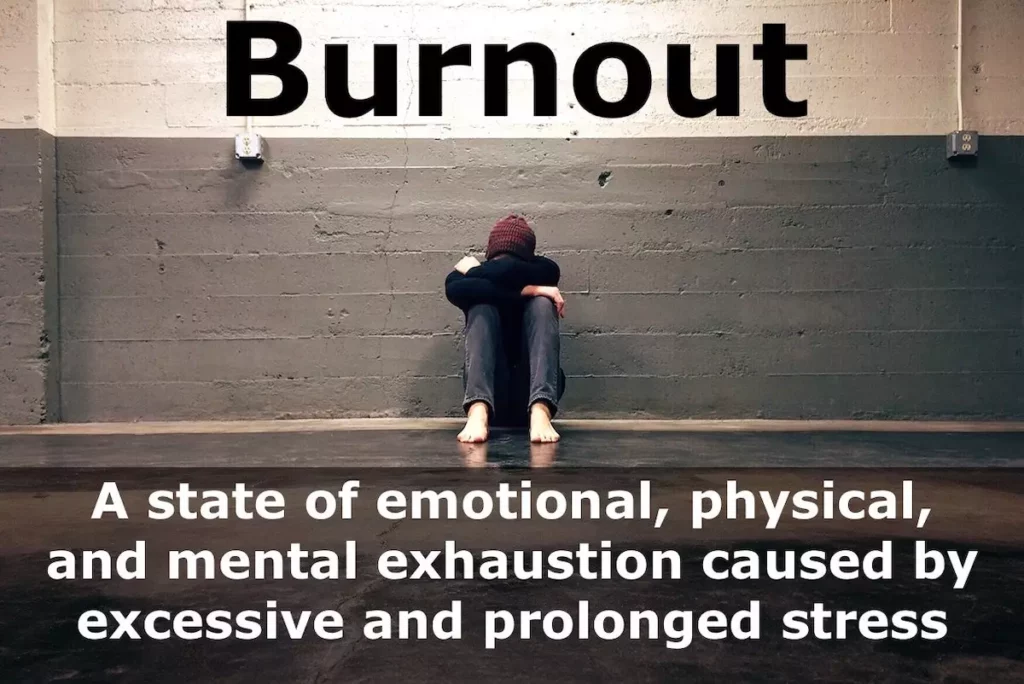This is the first instalment of a two-part series on income diversification. Part 1 examines the benefits and drawbacks of having different sources of income while Part 2 is my take on whether income diversification is important or overrated.
Is having multiple streams of income overrated?
I saw this question on Twitter, or rather 𝕏, a few weeks ago and found the comments really interesting. There were essentially two camps.
Camp 1: Having different streams of income is extremely important as it provides greater financial stability and increases your income potential.
Camp 2: Having different streams of income is overrated as you should focus on what you’re really good at and strive to generate more money from it.
It’s not surprising that most people who responded fell under the first camp. As the economic landscape continues to change rapidly, the concept of having more than a single stream of income has gained wider acceptance over the years.
I’ll give my take on this question in Part 2 (coming up next, so stay tuned). Today, I’ll focus on the points raised by those who commented on the post. Both sides made compelling arguments and the aim of this article is to present them objectively and let you draw your own conclusions.
There are clearly advantages of having multiple income streams such as greater financial stability, increased income potential, and professional and personal growth. However, the disadvantages should not be overlooked. They include increased risk and uncertainty, time and energy constraints, and overextension.
- The Advantages of Having Multiple Income Streams
- The Disadvantages of Having Multiple Income Streams
1. The Advantages of Having Multiple Income Streams
Let’s start with the plus points.
Advantage 1: Greater Financial Stability
I’m sure those who lost their jobs or saw their salaries reduced during the Covid-19 pandemic will agree that this is an important point. Relying solely on one income such as a job can be risky. Economic conditions, industry changes or personal circumstances can decimate it overnight. Would you and your dependents be okay if you suddenly find yourself unemployed?
Diversifying your income provides a greater level of financial stability as the risk is spread out. If one source of income is temporarily or permanently affected, you still have others to fall back on, which can help to cover expenses, maintain your lifestyle and meet financial goals.
I’ve shared this in some of my earlier articles. When our first business collapsed, Mr Wow and I went broke. The business was all we had, so we found ourselves in a major financial crisis. The second time around, we were more careful. We had an emergency fund and Mr Wow only quit his job to join the business full-time a year later. Besides our business income, we also sought other income streams. See next point.
Economic conditions, industry changes or personal circumstances can decimate your source of income overnight.
Check out: Running a Business as a Married Couple: How We Made It Work
Advantage 2: Increased Income Potential
By diversifying your income, you open up opportunities to earn more money. Each income stream has its own potential for growth and can contribute to your overall financial health. This can lead to increased savings and investments, thus accelerating wealth accumulation and financial independence.
Again, this is a valid point. For example, in our pursuit of Financial Independence Retire Early (FIRE), Mr Wow and I had three main sources of income: business, interest and dividend. Every now and then, we also made some money from trading (capital gains). It would have taken us a much longer time to build wealth if we had not diversified and invested consistently.

Check out: Beyond 9-to-5: Discover the 7 Income Streams for Lasting Wealth
Advantage 3: Professional and Personal Growth
Pursuing additional income streams provides an opportunity for you to engage in work that aligns with your interests, values and aspirations. In addition, it offers a platform for knowledge expansion, skill development and character building. Often times, you will find yourself in unfamiliar territories, where you have to take initiative, overcome challenges and embrace change. Your ability to learn, adapt and handle uncertainty will also be tested. All this facilitates professional and personal growth.
Case in point: my journey as an investor necessitates continual acquisition of knowledge and skills. But when I first started, I had a REALLY hard time learning technical analysis. I know most people prefer charts and graphs as they are supposed to present information in a simpler way. Not me. I couldn’t relate and Mr Wow almost died teaching me, ha!
I’m glad I persevered and improved over time. It was a tremendous boost to my confidence, which in turn empowered me to confront other obstacles and pursue my goals with greater self-assurance. More importantly, I have a more positive learning mindset than before.
Your additional stream of income can be an excellent platform for knowledge expansion, skill development and character building.
2. The Disadvantages of Having Multiple Income Streams
Now let’s look at the downsides.
Disadvantage 1: Increased Risk and Uncertainty
Even though having different streams of income generally provides greater stability, it can also expose you to more risk. Each income source comes with its own set of challenges such as market fluctuations, client dependence and legal complexities.
For instance, buying an investment property for rental income is many people’s dream. However, real estate investing usually involves debt financing, which can work for or against an investor. In the event that the property market and rent prices tumble, those who took on too much leverage face an increased risk of negative cash flow.
The bottom line is that you need to understand the risks associated with each income stream, develop strategies to mitigate them and have contingency plans in place. Staying updated on market trends and industry changes also helps to minimise unexpected challenges.

Disadvantage 2: Time and Energy Constraints
Managing different income streams is a great test of stamina, which requires time, effort and resources. It can be demanding, especially if you have a full-time job or other commitments. And let’s be realistic. Not everyone is good at multitasking and prioritisation. There is always a risk of spreading yourself too thin, resulting in compromised quality of work or inadequate attention given to each income stream.
Take myself as an example. I sat on the idea of starting this blog for a long time partly because I wasn’t sure if I was ready for such a commitment. Now that I’m actually doing it, I can honestly tell you that blogging is an extremely time consuming undertaking that requires a range of skills.
If I weren’t already retired and doing this with Mr Wow, there is no way on earth I could have accomplished so much in nine months. And just so you know, we haven’t made a single cent from this blog, not that it’s our priority. But imagine someone trying to make a living as a blogger. It’s crazy hard! To all bloggers out there, I salute you.
Not everyone is good at multitasking and prioritisation.
Check out: Reality Check: My Early Retirement is a Sham!
Disadvantage 3: Overextension
This point is an extension of the above, no pun intended. Taking on too many income streams without proper planning and management can lead to subpar performance across the board. You may end up making yourself very busy, sacrificing precious family and personal time, but not making more money. Your primary income may also suffer due to neglect.
That’s not the worst. Overextension often leads to increased stress and burnout, affecting your well-being and relationships with others. It’s therefore crucial to assess your capabilities, resources and bandwidth before venturing into a new income stream.
I’ll be the first to admit that I’ve had my fair share of burnout over the years. Most of the time, I wasn’t even aware of it until it was pointed out to me. Mr Wow calls these episodes my “periodic bouts of insanity”, oops! I’ll leave the rest to your imagination…

Now that you have seen both sides of the argument, what do you think? Is income diversification important or overrated?
Frankly, I’m really glad to see opposing viewpoints on the issue as we usually hear only one side, i.e. why having multiple streams of income is so beneficial and awesome. I think it’s because the disadvantages are less obvious and therefore, often overlooked. Even for myself, I only realised just how challenging it was when overextension began to rear its ugly head.
As mentioned earlier, I’ll let you draw your own conclusions before giving my views in the next article. Meanwhile, do share your thoughts or experience with us in the comment section below. Are you Camp 1 or 2?

